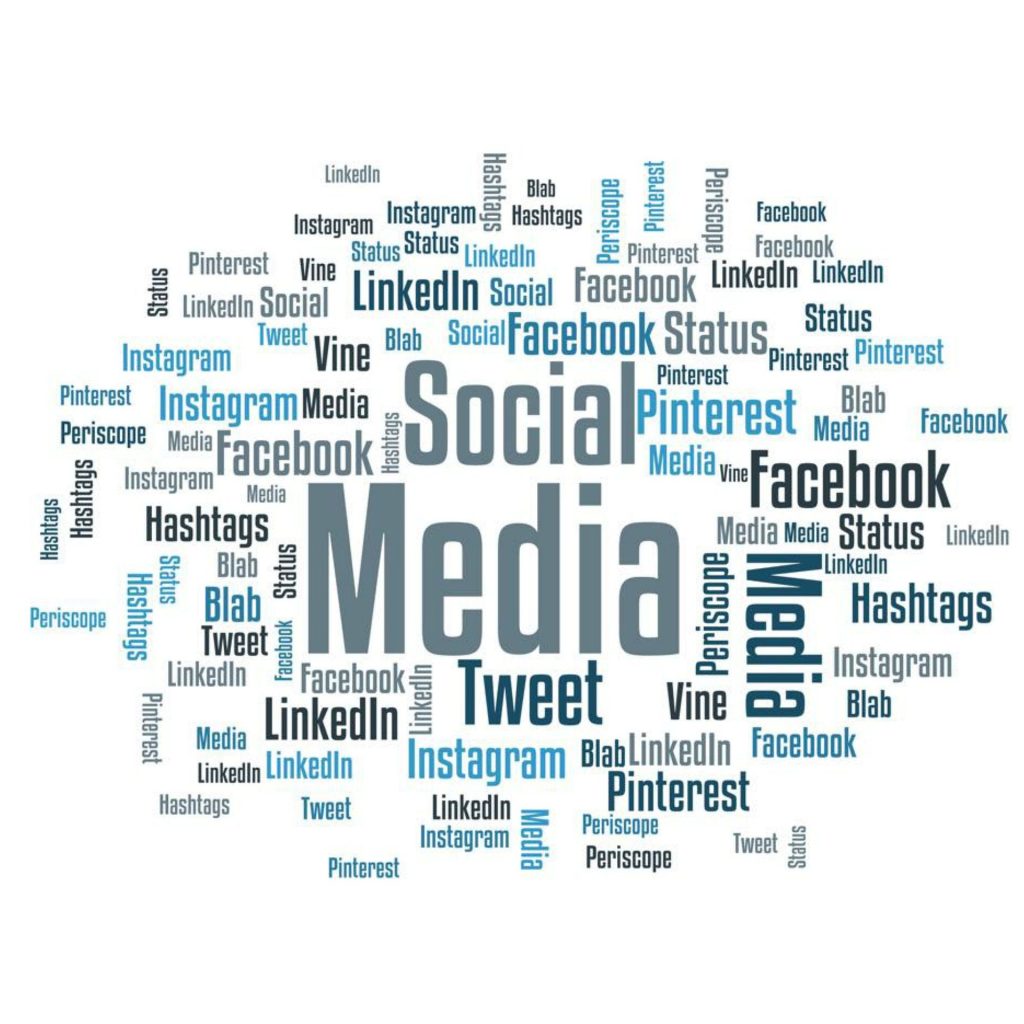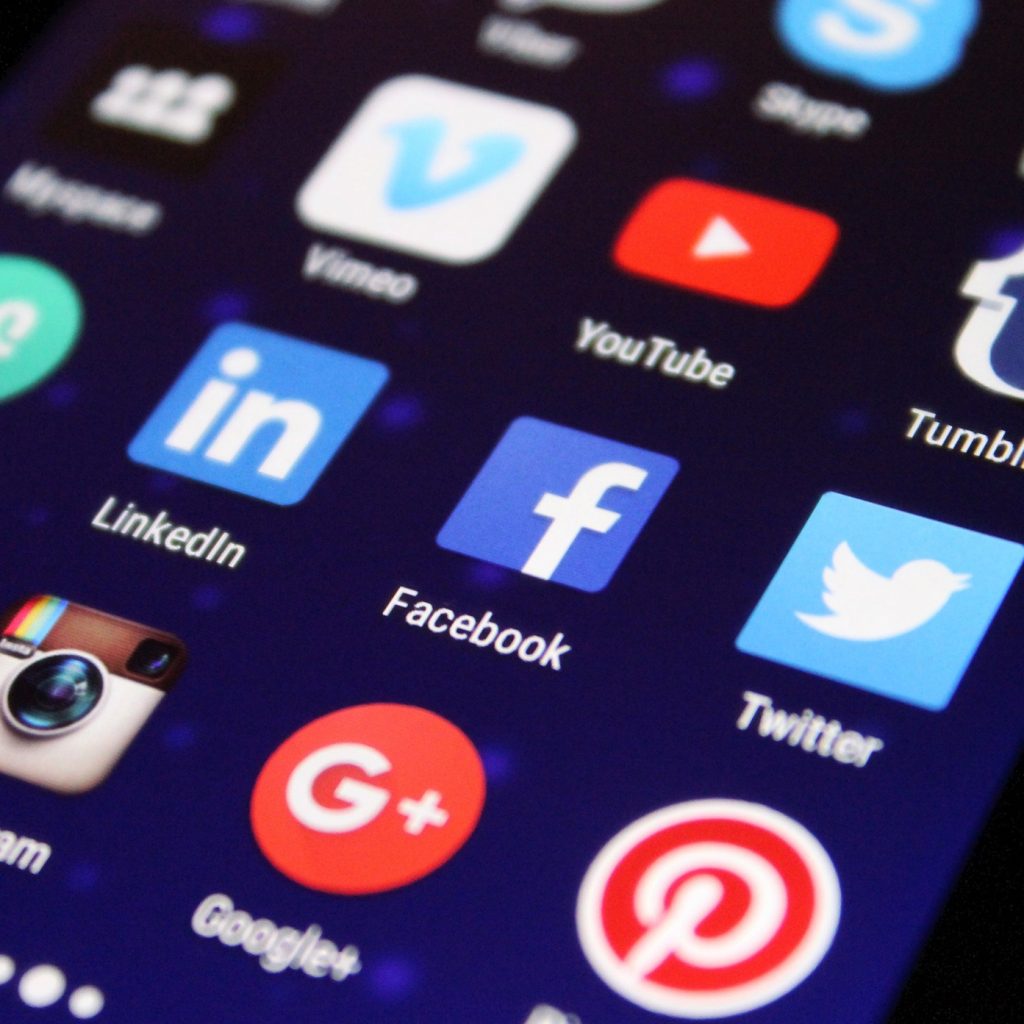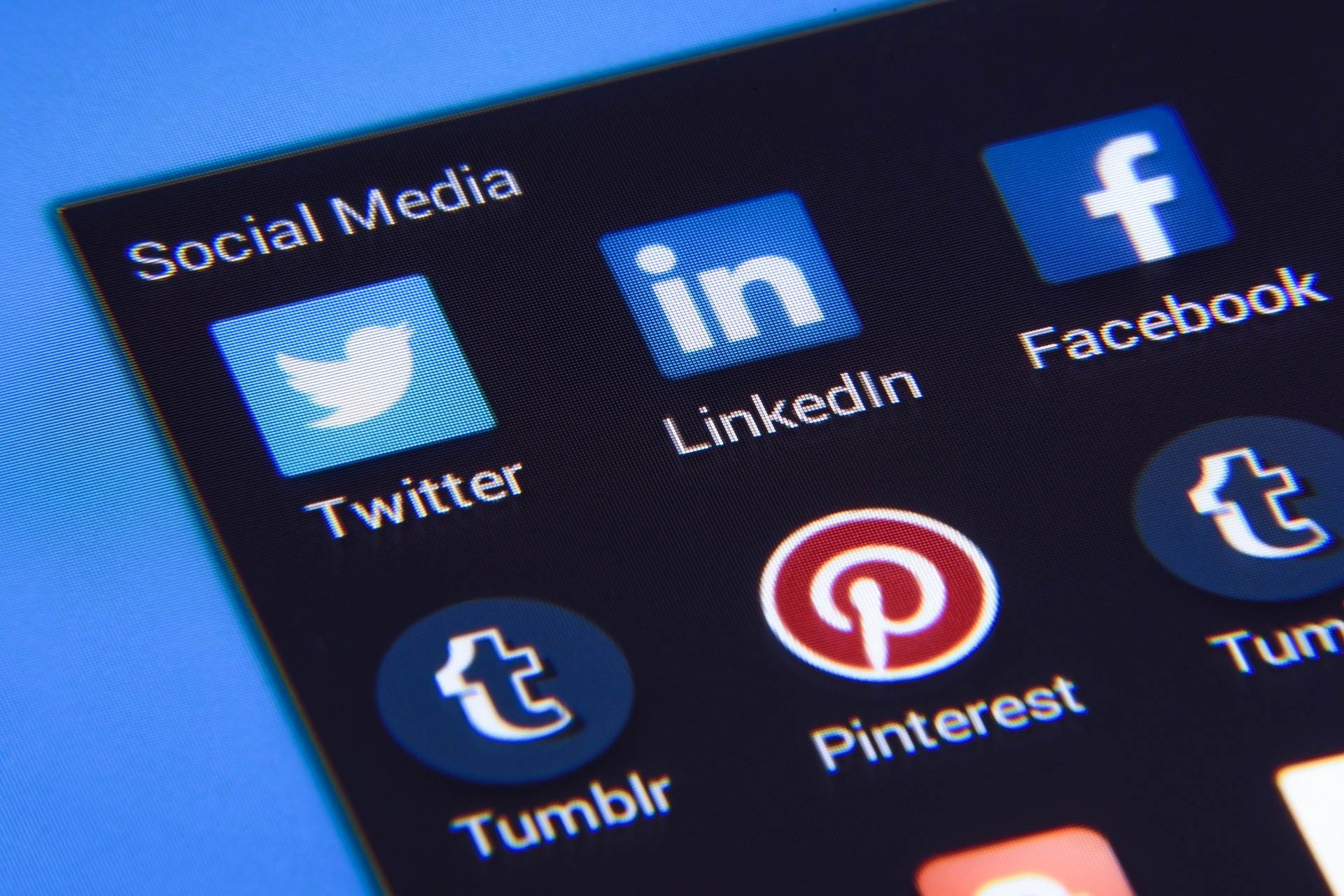Social Media App Banality of Life like Facebook, Instagram, and TikTok are firmly embedded in our daily lives. These apps allow us to easily connect with friends, share life updates, express ourselves, and entertain ourselves. But they also reinforce the most routine and mundane aspects of our existence. The resulting “banality of life” can leave us feeling dissatisfied, envious, and inadequate when we compare our lives to the carefully curated reality of others.
Social Media App Banality of Life
This article explores the influence of social media apps, the concept of life’s banality and its impact on our self-expression and self-perception, and tips for finding meaning in social media-enhanced moments. More than 4.6 billion people worldwide now regularly use social media. Meanwhile, for the average user, these apps consume an average of 2 hours and 25 minutes per day.
Social media apps are closely connected to modern life. They provide entertainment, connection, and self-expression. But they also add value to the most routine and ordinary moments of daily life. Philosophers have described this focus on the routine over the extraordinary as “the banality of life.”
The rise and influence of social media apps
Social media apps evolved from early web forums and chat rooms. Sites like Friendster and MySpace started connecting users online in the early 2000s. Facebook was founded in 2004 and quickly became the dominant platform.
Today, apps like Facebook, Instagram, TikTok, and Snapchat have billions of users. Their main functions enable communication, self-expression, entertainment, and commerce. Users can communicate with friends, share life updates, post photos and videos, and purchase products.
These apps have a significant impact on various aspects of life:
- Personal – Social media affects leisure, relationships, self-esteem, and well-being. Images often show idealized realities.
- Social – Apps connect people but also spread misinformation and enable cyberbullying.
- Professional – Employers regularly check social media when hiring. Apps are used for professional networking and advertising.
- Cultural – Social media shapes cultural narratives, trends, and norms. Viral content influences pop culture.
Although they provide connection and entertainment, overuse is linked to depression, anxiety, insecurity, and FoMO (fear of missing out). Apps significantly improve certain aspects of life. But what exactly do they strengthen?
The concept and phenomenon of the banality of life
The term “banality of life” was coined by the German philosopher Hannah Arendt in the 1950s. She used it to describe the mundane routines and mundane aspects of daily life that make up most human experience. It contrasts with profound, sublime, or extraordinary moments.
Arendt’s phrase “the banality of evil” also criticized how the normalization of heinous acts enables morally distorted thinking. The mundane can blind people to atrocities that take place in plain sight.

Sociologist Ralph Keyes’ 2006 book “The Post-Truth Era” describes “the banality of life” as “a zone of fixity and resignation that leads us to settle for truth and ignore reality.” Social media apps encourage truth and distraction.
Apps don’t enrich life’s extraordinary moments. They emphasize the every day: breakfast, commuting, work breaks, chores, meals, lounging on the couch. They take the mundane routine of life and explode it to apparent depth.
Effects of social media apps on self-expression
On social media, the banality of life is edited, curated, and filtered to maximize likes and shares. The most exciting and perfect photo opportunities are enhanced. Disorders and difficulties remain hidden.
Apps promote strategic self-expression to increase status and popularity. Users carefully construct digital personas, often distorting reality in the process. This promotes social comparison and affects how people perceive themselves.
Common self-expression strategies on social media include:
- Impression Management – Share content in a way that can be viewed positively by others, such as happy relationships, travel photos and professional accomplishments.
- Self-enhancement – promoting positive traits, success, and desirability by showing off. This increases self-esteem.
- Self-expression – display of identity, values, beliefs, and vulnerability for connection. This satisfies the need to belong somewhere.
The consequences of self-expression on social media are complex:
- Unrealistic Expectations – Curated feeds imply that everyone else is living an ideal life. It raises expectations.
- Social Comparison – Comparing lives creates jealousy. People feel inadequate in the face of carefully constructed realities.
- Identity confusion – Online personas may not reflect real life. Young people are particularly vulnerable to identity distortions.
Features and benefits of social media apps
But social media apps also offer opportunities for creativity, connection, and emotional expression—when used consciously. Potential benefits include:
- Creativity – Apps provide tools to create and share music, art, videos, and content.
- Connection – They facilitate strengthening relationships and building communities.
- Expression – Personal experiences, feelings, and perspectives can be shared.
- Education – Knowledge is readily available and shareable.
- Inspiration – Uplifting stories motivate and spread hope.
- Empowerment – Apps mobilize activism, fundraising, and campaigns for good.
Social media apps enrich lives because, when used consciously, they focus on authentic connection rather than seeking validation. Examples of apps that improve people’s lives are:
- Connect with loved ones via video chat
- Share news about important life events and milestones
- Express creativity by creating content
- Organize charity initiatives and activism locally and globally
- Discover new perspectives and insights
- Find communities that provide empowerment and support
The benefits of social media depend on the motivation and attitude to engage. Conscious effort focused on authentic connection creates meaning amid everyday life.

Strategies and tips
To have a positive impact on social media apps, it is important to achieve balance. These tips will help you find meaning in technology-enhanced banality:
- Be more aware: Monitor the time you spend mindlessly scrolling. Set boundaries and take breaks from social media to be present.
- Don’t Compare Lives – Remember composite realities don’t show the whole picture. Comparisons create dissatisfaction.
- Focus less on quantity – Focus on seeking validation through likes and follower count. Prioritize high-quality connections.
- Express Your True Self – Share authentically instead of impressing. Vulnerability fosters intimacy.
- Limit the use of filters and edits – Posting heavily edited and filtered content makes life seem more perfect than it is. Share real moments.
- Be thoughtful about the content – don’t just browse – stop to read, think, and engage with the content that matters to you.
- Take Social Media Breaks – Taking regular breaks from apps allows you to reset and be present. Try a digital detox.
- Enjoy the offline moments – Put your phone away to fully enjoy the time with your loved ones. Cultivate real connections.
- Find balance and moderation – Be aware of balancing time online and offline. Don’t let apps dominate.
- Focus on the simple joys of life – sharing and appreciating everyday moments of joy and beauty enhanced by technology.
- Rethink How You Define Success – Don’t measure your self-worth through social validation. Find meaning in real power.
- Practice Gratitude and Mindfulness – Appreciate the blessings in life. With apps, we can easily share and increase gratitude.
- Keep track – Everyday moments can offer calm, beauty, and opportunities for mindfulness. Appreciate simplicity.
- Promote digital well-being – Track your emotional reactions and feelings after using apps. Minimize negative effects.
- Value authenticity over perfection – Strive to share your true self, not an idealized or false identity.
- Focus on intrinsic rather than extrinsic motivation – post to create an authentic connection, not to gain validation through likes and comments.
Conclusion
Social media apps are firmly entrenched in modern life. While providing entertainment and connectivity, they also enrich the most routine and mundane aspects of daily life. Apps emphasize the ordinary over the extraordinary. They promote carefully curated self-expression and social comparison to unrealistic standards. This often leads to dissatisfaction, envy, and inadequacy that distorts self-concept.
But when used consciously and specifically to create an authentic connection, social media can also enrich life. The tips in this article can help people gain perspective, promote digital well-being, and find meaning in technology-enhanced moments.
It is important to find a balance between online and offline engagement. By being aware of how apps affect behavior, self-expression, and self-perception, we can maximize the benefits and minimize the negative consequences. With confidence, wisdom, and authenticity, social media apps can enrich our experience of life’s simple joys and pleasures.
But if we think about how we interact with technology, we can use it to develop gratitude for the blessings that surround us every day—if we take the time to notice them. With effort and intention, we can find meaning and purpose in these two extraordinary moments.
